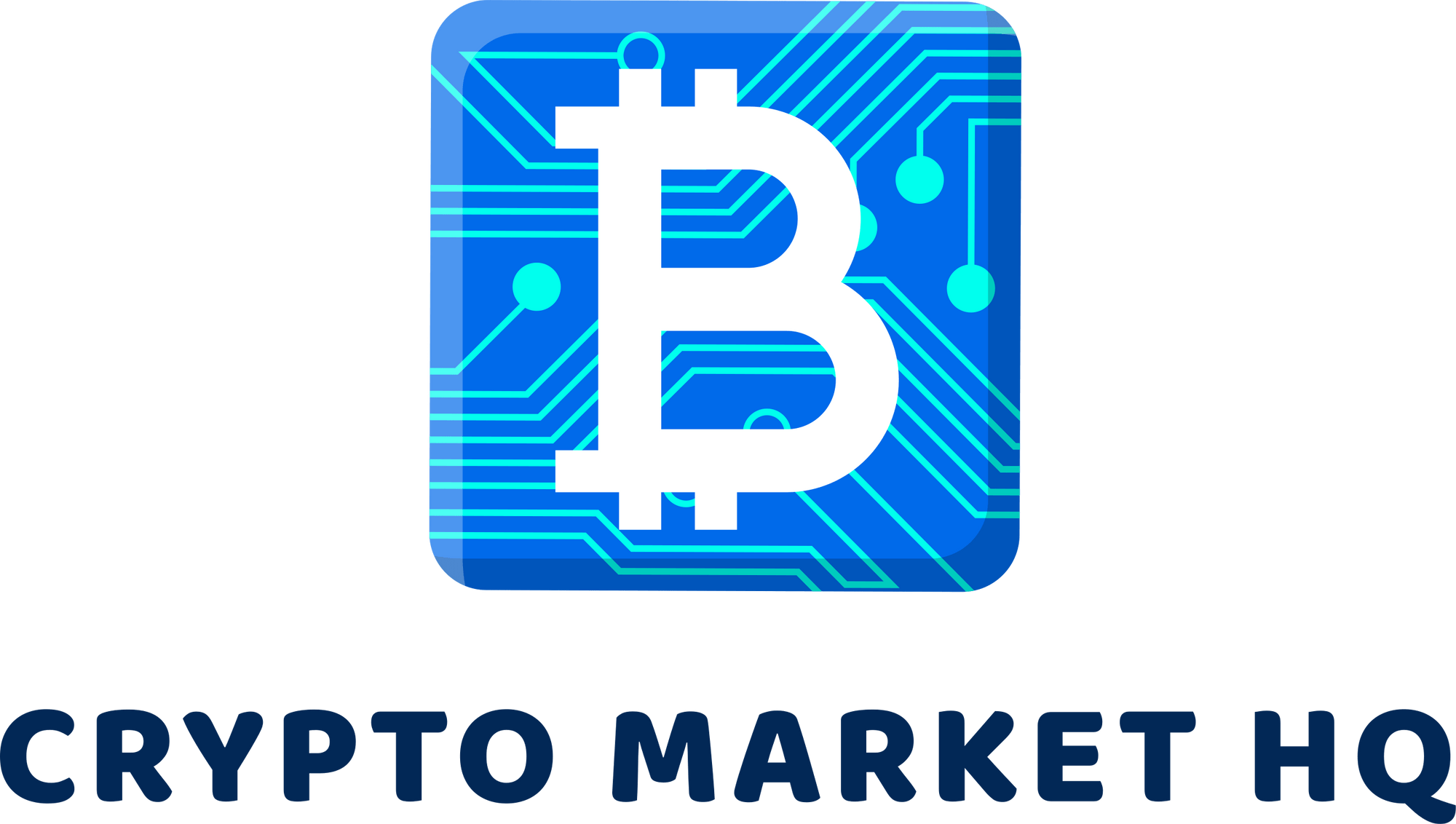Due to concerns over the risk of scams, Australia’s largest bank, Commonwealth Banks (CBA), has recently announced the temporary delay of certain payments associated with crypto exchanges.
This decision arose after the United States Securities Regulator (SEC) sued two major global exchanges, Coinbase and Binance. This comes just a few weeks after another major Australian bank, Westpac, banned customers from transacting with crypto exchange Binance.
Commonwealth Bank Combat Scams, Prioritizing Customer Protection
On June 8, CBA disclosed its intention to decline or place a 24-hour hold on “certain payments to crypto exchanges.” Nevertheless, the bank has yet to specify which crypto exchanges or payment types would be impacted by these new measures.
Related Reading: Ripple CEO Blasts SEC Chair For Anti-Innovation Stance, XRP Bulls Remain Optimistic
According to a statement, CBA claimed that the measures they’ve introduced safeguard their clients from scams associated with making payments to crypto exchanges.
The bank added that customers sending funds to crypto exchanges to purchase cryptocurrencies will have a monthly limit of AUD 10,000 ($6,650).
The general manager of CBA’s fraud management services, James Roberts, said;
Consumer interest in cryptocurrencies has been increasing, and unfortunately, scammers globally are capitalizing on this trend and masquerading as legitimate investment opportunities or diverting funds into cryptocurrency exchanges.
James further emphasized that the limits on outbound payments to crypto exchanges and the 24-hour holds will help fight the number of scams and money lost by customers.
CBA said continual evaluation and monitoring would be conducted to assess the impacts of these scam response measures.
This recent security measure marks a significant reversal from its previous plans. Notably, in November 2021, the bank introduced crypto trading services through its CommBank app, holding millions of users.
During that period, the bank’s CEO, Matt Comyn, acknowledged the associated risks but emphasized the greater risks of not participating. He stated that “The sector and the technology [isn’t] going away anytime soon.”
Uncertain Future for Crypto Exchange Binance Australia Services Following De-banking
Amid the ongoing global de-banking of crypto businesses, Binance users in Australia now face limited options for purchasing cryptocurrencies.
According to Binance, starting from 5:00 pm local time on June 1, bank transfers for fiat on-ramps and off-ramps have been suspended in Australia, including trading for Australian dollar (AU$) pairs.
The recent suspension of deposits and withdrawals is connected to previous events that have affected Binance in Australia.
In February, Binance’s local derivatives division informed users that specific positions and accounts would be closed for those who did not meet the criteria to be classified as wholesale investors.

According to the law, a wholesale investor has sufficient capital to invest in higher-risk and more speculative assets. This investor category is also called an institutional or accredited investor.
To qualify as a wholesale investor in Australia, one must possess net assets of at least $2.5 million or have an annual gross income of at least $250,000.
Notably, a report published by Binance in July of 2022 clearly states that the derivatives products are strictly for Australian wholesale clients.
However, after Binance closed non-compliant accounts, local regulators initiated a “targeted review” of the exchange’s local derivatives operations.
On April 6, the Australian Securities and Investment Commission (ASIC) revoked the Binance Australian Derivatives license.
Featured image from Pixabay and chart from Tradingview.com







